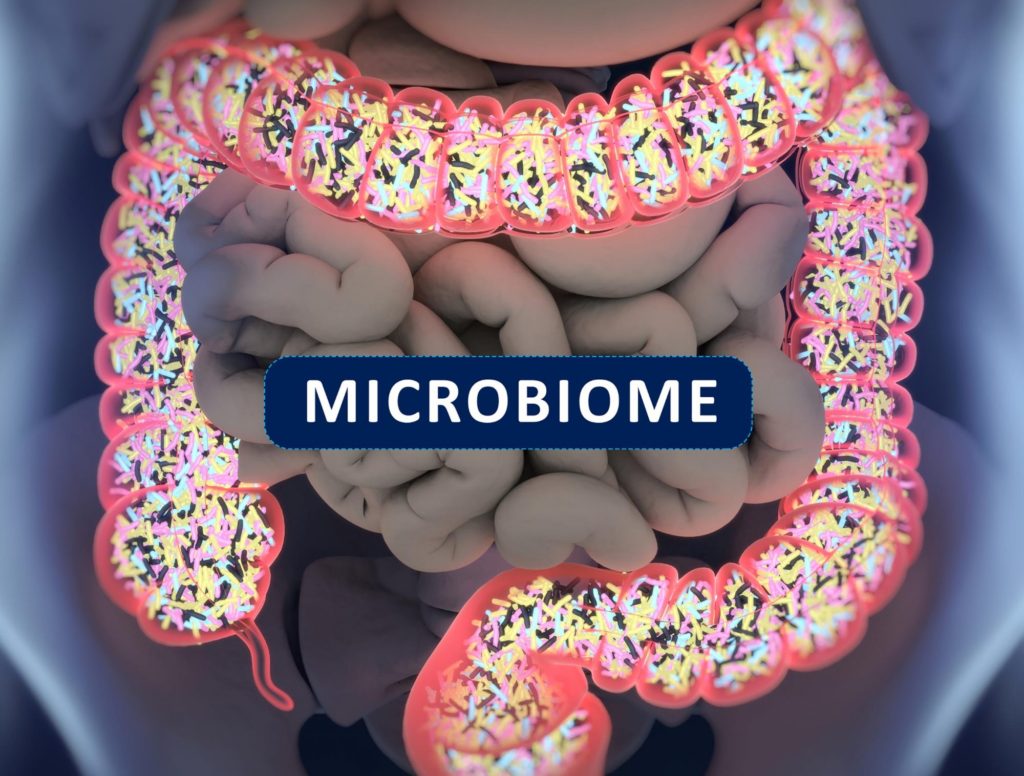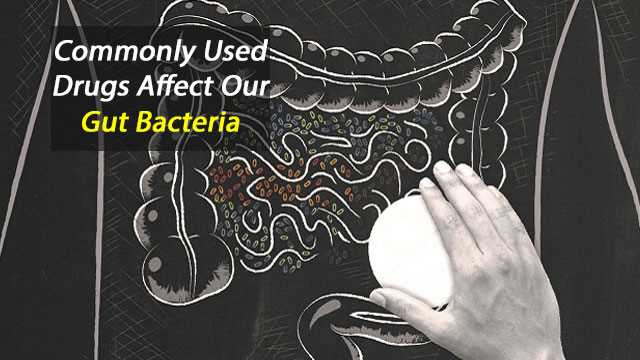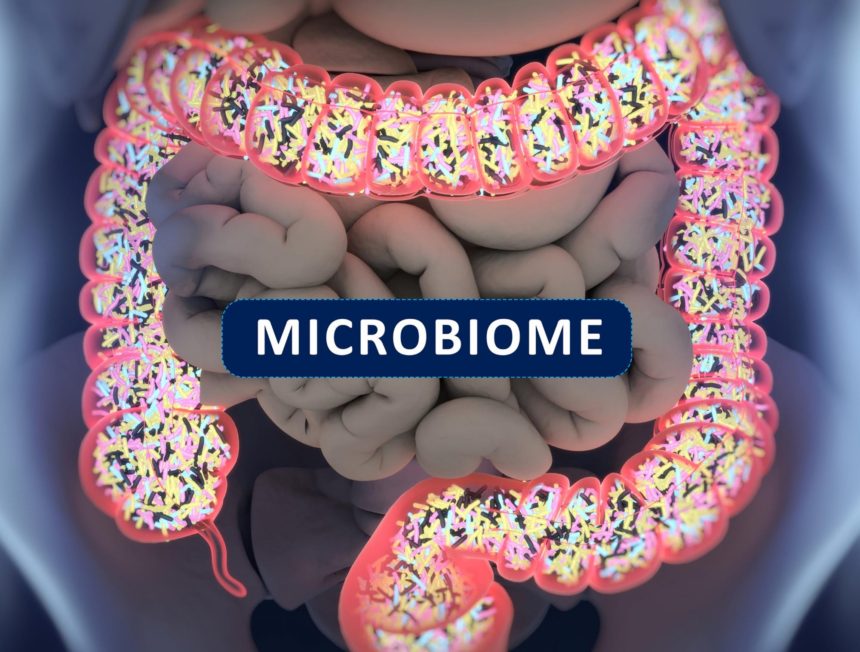
During Covid times- Health is Utmost priority and to have good health a happy gut is most important, todays blog post is about good gut health practices that focus on things you can change, like your lifestyle, food habits, sleep patterns, and stress levels.
A healthy microbiome is a balanced microbiome. Too many bad or opportunistic microbes and you’re at an increased risk of inflammation and disease. Healthy gut bacteria, on the other hand, protect you from disease, keep inflammation low, and even promote your mental health.
- How to Restore Healthy Gut Flora
Obviously gut health considerations are complex and vary widely from person to person but using this criteria I was able to come up with a solid list of commonly available foods that I feel could play a meaningful role for most people.

My list includes:
- Flaxseed – An easy choice, easy to use food that can be thrown into anything from salads to smoothies. Bonus points for also being rich in essential omega-3 fatty acids, which are found in very few other foods. Chia & hemp seeds are great alternatives.
- Tofu– A wonderful source of plant-based protein and soluble fiber.
- Lentils/Pulses – they contain soluble fibre that promotes gut health. So dals like moong, tur, masoor should be a part of our routine.
- Pickles: Fermented pickles act like probiotics, protecting the body’s microbiome and supporting the growth of healthful bacteria in the gut.
- Curd: Curd is beneficial for our digestive system. It contains lactobacillus bacteria that lubricates the intestines, breakdowns the food, absorbs the nutrients and helps in smooth digestion. In addition, also helps the stomach to get rid of acids that cause indigestion and heartburn. It is rich in Vitamin D and Lactic Acid.
- Lassi (buttermilk): Lassi is a traditional fermented milk beverage consumed in summer season for refreshment and is prepared from dahi. Traditional buttermilk rich in probiotics, which not only helps to strengthen the immune system by replenishing natural bacterial flora of intestine, but also break down lactose into lactic acid, thereby making digestion easier.
- Okra – The soluble fibre adds bulk to the food and helps it to move smoothly through the intestine. This promotes the regularity of the bowel and reduces gastrointestinal issues like -bloating, cramping, constipation and flatulence. Zucchini & eggplant work here too.
- Green beans its low in FODMAPS. A diet low in FODMAPs can help with symptoms of irritable bowel syndrome (IBS)
- Strawberries/Raspberries/Blueberries – Among the fruits with the highest antioxidant content, berries either fresh or frozen are a no-brainer.
- Kiwi – Exceptionally high in vitamin C, kiwi is an extra suitable suit choice for vegans & vegetarians. Oranges work too!
- Pumpkin/Sunflower Seeds – The perfect snack or compliment to several different types of dishes, although whole seeds are less well tolerated by some.
- Quinoa – Quinoa, oatmeal and potatoes are among the starchy foods with notable soluble fiber content.

Exercise in your Gut Health Diet
Who knew that getting the heart pumping and the sweat pouring was good for the diversity of your microbiome?
Research has shown that individuals who lead a sedentary lifestyle have a less diverse microbiome and that results in gut issues.
If you’re Stressed, so is your Gut
Stress negatively impacts many aspects of our health including physical, mental, and even gut health. Your microbiome doesn’t just affect your intestines, it influences other organs, including your brain. If you’re feeling stressed out, your microbes can feel it too. It can even decrease the abundance of important probiotic bacteria like Lactobacillus.
Alleviate your stress by avoiding unnecessarily demanding situations and try some techniques like breathing exercises and meditation.
How to Improve Gut Health naturally with less Sugar
Sugar is everywhere, even when you can’t taste it. Sadly, refined sugar can upset the balance in your gut and your metabolism. Artificial sweeteners are not on the healthy gut diet plan. Sugar-free alternatives have been branded as a better option than sugar, but when it comes to your intestinal health, this isn’t strictly true.

It’s easy to reach for a non-sugar sweetener, but if you’re trying to lower your sugar intake, it’s worth considering reaching for a piece of fruit, some dark chocolate, or simply forgoing the syrup in your latte.
How to Improve the Gut Microbiome with Sleep

Your gut and brain use nerves and chemicals to communicate with each other, and their discussions can influence your sleep patterns and mood.
Inside you is an internal timer known as the circadian rhythm — many of us would call it our “biological clock”. It runs on a 24/7 schedule and determines important functions like digestion and sleep. Our gut microbes also follow schedule, but if you’re not getting enough sleep, it may disturb your digestion and your microbiome.
Tips for getting a better night’s sleep
- Get to bed around the same time every night
- Avoid screens or use night mode for an hour before bed
- Set a routine to wake and sleep at regular times
- Keep your room cold and use blackout curtains
Give your Gut a rest from a Hard day’s work
Giving your body a break from digesting food could protect from metabolic diseases and restore gut health. When your gut takes a break from food for 12 (or more) hours between last night’s dinner and today’s breakfast, it has time to heal — because digestion is an abrasive activity. It can also improve the diversity of your gut microbiome so your bacteria can help you stay healthy too.
Alcohol and Gut Health
Alcohol is not the gut’s best friend, but you already know that. It affects the gut barrier and even influences the speed at which it moves food towards the exit.
Booze can also increase the abundance of pathogenic microbes, in addition to constipation, diarrhoea, and bloating, none of which bring any joy.
Snacking is nice, but is it necessary?
We all love a good munch on something delicious but snacking for the sake of it may not be promoting a healthy gut.
Eating triggers a healthy immune response known as postprandial inflammation. This is normal, but if you eat all the time, you’re actually prolonging this inflammatory state, increasing your calorie intake, and promoting weight gain. Luckily, there are a few simple hacks to solve the snacking.
First of all, don’t buy snacks — that’s where it all starts. Then, build wholesome meals with protein, fats, and fibre, it will keep you fuller for longer.
Your Lifestyle could encourage Leaky Gut
Easy on the painkillers for your gut flora. Non-steroidal, anti-inflammatory are painkillers that can alter the gut microbiome and lead to an upset stomach.
Better known as NSAIDs, these medications are among the most prescribed. They are used to treat pain by targeting inflammation and are especially popular because they help relieve menstrual pain. However, even though they can produce short-term relief, chronic use can damage your gut lining and make your gut microbes sad. They irritate your intestinal lining, causing inflammation and even bleeding too — both of which are detrimental to this organ and your microbiome.

- Restoring gut flora after antibiotics
Antibiotics deplete many bacteria, not just the ones making you sick. That’s why they should only be used under the supervision of a doctor when you really need them.
In short, here is How to have a Healthy Gut
Never to underestimate the importance of gut health when it comes to your body and wellbeing. It’s home to trillions of bacteria, not to mention actual human cells, that work hard to keep you fit and well. Your lifestyle can have a serious impact on this balance.
Making simple positive changes like more fiber in your diet, more exercise, and less unnecessary medication is how to get a healthy gut and wholesome gut microbiome.
Just remember, you really do have the power to change, one step at a time.
To get a personalized plan or dietary guidelines for your health problems you can contact directly, In the pandemic my online consultations are on Contact details mentioned below, Happy to help always.

